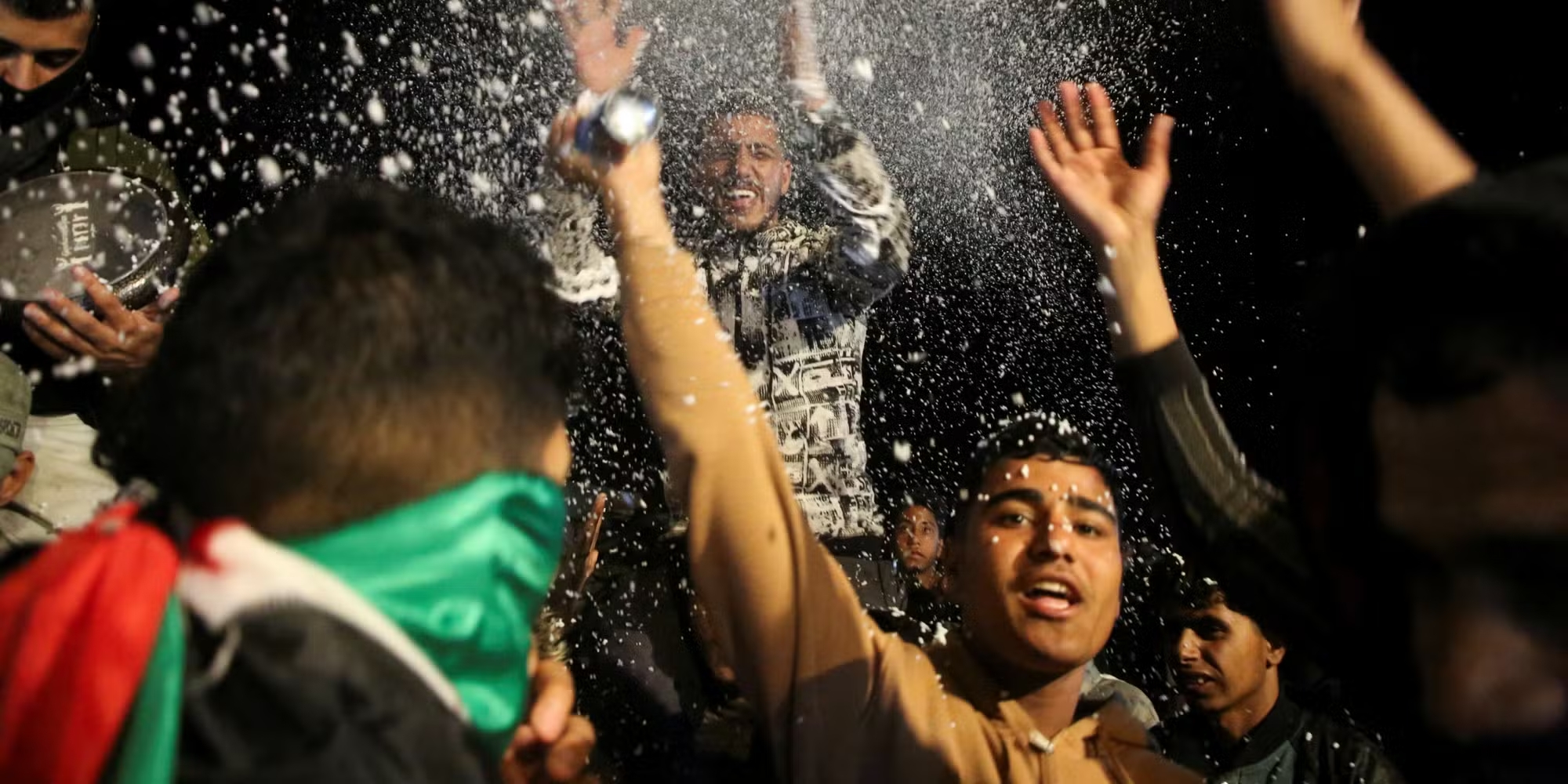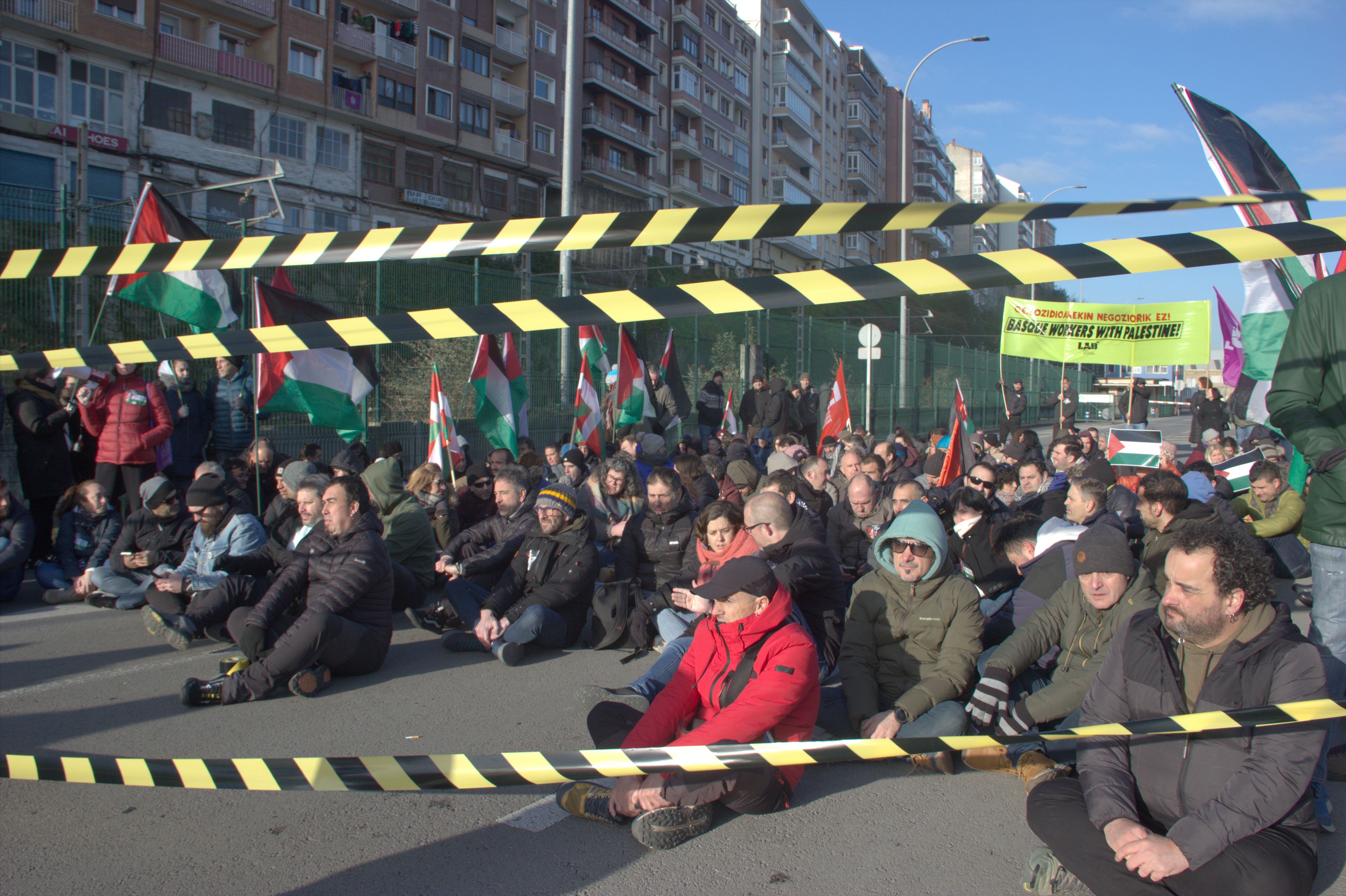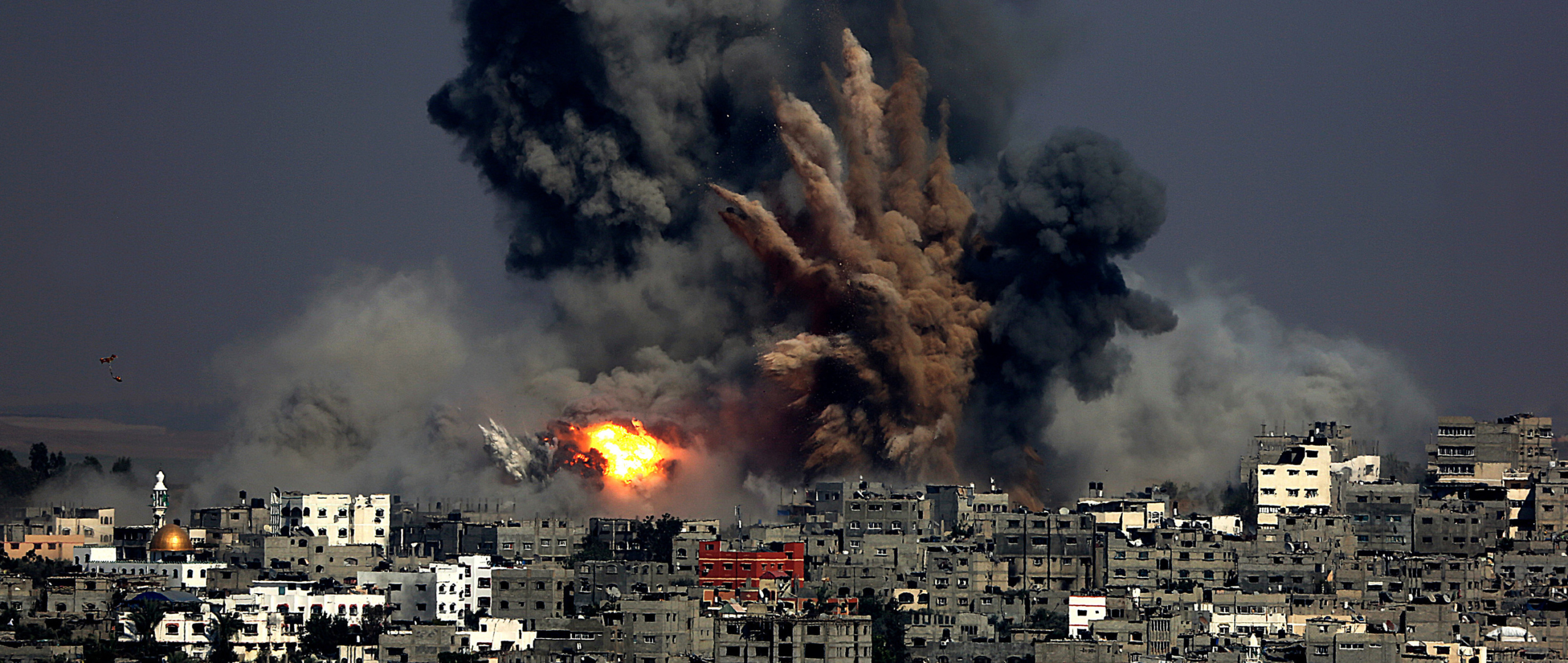The colonization of Israel cannot be understood without focusing on the hydraulic map
- In the sacred texts of Jews and Muslims, water appears as a valuable element and the Jordan River is an important place. But from the spiritual to the bone and the carnal we are all presented as a vital and vital element, including the Palestinians. Because Israel consolidated its colonization based on its groundwater sources, rivers and layers. Since then it has remained the same, banning water from the Palestinians, capturing the waters of Palestine and selling the thief at an expensive price to the Palestinians ... All done illegally... or under the seal of the Oslo.

"The water challenge is not a secondary issue. It's one of the keys to understanding the relationships between Israel and its Arab neighborhoods." This statement can be read in the article Eau et conflits dans le bassin du Jourdain (Water and conflicts in the Jordan basin), written by Hervé Amiot in 2013. If this component is usually taken into account in news and analysis, the main protagonists know that water is vital. The West Bank knows that it is a vital element, since since the arrival of the Israeli settlers water from the spring has disappeared. The peoples of the West Bank know that it is vital because of the small amount of water that Israel has decided and distributed. Israel knows that it is vital that the Palestinian farmer who is going to lose his crops because he has plugged the well, and of course the Gaza citizen who has been polluting the tap water for years knows that it is vital. And he knows that the Israeli water company Mekorot, which is drilling wells on Palestinian land in all legality, is also vital.
The Zionists who placed Israel on the basis of the hydraulic map have been the source of conflict since then. As early as 1919, the president of the World Zionist Organization, Chaim Weizmann, said: "Palestine's economic future is intimately linked to its water supply." Because in the Middle East, water is deserted and accumulates in certain places, including Palestine. Rivers are of vital importance, such as the Jordan, which form south of Lebanon, enter Lake Kinnereth and flow into the Dead Sea. What Israel wanted and what it did for most. In 1959, the construction of an aqueduct to direct the waters of Lake Kinnereth south of Israel was also launched. This would lead to the Six-Day War of 1967. These works were the focus of the first attack by the Fatah organization in 1965 and also Jordan and Syria, which were systematically destroyed by Israel, built channels and dams to fight the Israeli conquest. Although it cannot be said that the Six-Day War was a "water war", Amiot says in his article that these elements must be taken into account.
“Even if we have solved all the problems of the Middle East, if we do not solve the problem of water distribution, peace will not be
possible.” Rabin,
former Prime Minister of Israel
In addition, it deducted the direct – and calculated – consequences of the hydraulic map: In addition to the Gaza Strip and Sinaia, it would then also occupy the West Bank and Golan. Amiot says: "Israel goes from the lower part of the river to the upper part of the river, with the control of the abundance of resources," all the standard channels that go from the Golan to Lake Kinnereth, the underground water layers of the West Bank and others. Notice, 20% of the water consumed in Israel belongs to the occupied Golan, 25-30% to the underground layers of the West Bank, 95% of the water diverted from Jordan goes to the Israelis… Since then, the Palestinian from the occupied territories who wants to pierce a well must be authorised by Israel.
In this regard, it is also linked to this dependence to continue the occupation in Israel. In the report Water and conflicts in the Jordan Basin you can read the following: "Given the dependence of the Hebrew State on the water resources of the occupied territories, for Israel the returns to Syria in the Golan and the declarations of sovereignty of the West Bank seem impossible. Exploitation of these resources will therefore follow the IV. Hearing Article 55 of the Convention, which states that the occupying force does not become the owner of the occupied water resources and cannot devote them to its civilians."
.jpg)
Israeli Prime Minister Yitzha himself said in 1992: "Even if we have solved all the problems of the Middle East, if we do not solve the problem of water distribution, the region is getting worse, peace will not be possible." A year later the Oslo Treaty would come, which had to bring the political departure of two states, but which it never brought.
Worst part of Group II
As can be read in the report Comment les accords d’Oslo ont consolidates the mainmise of Israel sur l’accès à l’eau in Palestine (the Oslo Accords strengthened Israeli control over the availability of water in Palestine), the journalist from the Middle East Eye was told that most of the experts in the Palestinian Treaty wanted to adhere to anonymity. (…) But the priority of policy makers was to reach an agreement."
The agreement was to last five years, and surely in that conviction the Palestinians accepted this unfair agreement: 80 per cent of the aquifer of the mountains was destined for Israel, mainly in the West Bank, and Jordanian water was banned from the Palestinians. The water share for the Palestinian population was limited to 15 per cent, which has not changed since then, although since 1995 the Palestinian population has increased by 75 per cent. So the Israeli company Mekorot must buy water at a high price. According to the NGO’Tselem, in 2020 they had to buy a third of the water consumed in the West Bank. In theory, the Palestinian Water Authority has water management in Palestine, but control of water flows remains in the hands of Mekorot. For any decision on water, the Palestinians need Israeli consent, which is often rejected. Following this agreement, the Palestinians cannot divert water from one place to another, but Israel, peacefully, can direct it to the West Bank colonies.
The population of Gaza has three liters of water a day to hydrate, cook and wash (before 7 October they had 40 liters). An Israeli consumes an average of 135 liters of water a day.
Palestinian researcher Abdulrahman Tamini says that "the worst part of the pact" is water management: "Anyone who looks at the history of the Zionist movement knows perfectly well the importance of water and knows that leaving water resources to the Palestinians is not easy for Israel."
It has been 30 years since then and what has been agreed remains. And the Joint Water Commission, made up of both sides, in order to identify solutions to conflicts, remains ineffective: It serves for areas A and B of the West Bank, 40 per cent of the land in the West Bank, and as it operates by consensus, Israel tends to veto and block requests for Palestinian channels or wells.
For the benefit of the settlers, more than one expert places water management within the Palestinian liberation strategy. On the web plateforme-palestine.org we can read: "Areas C of the West Bank [occupied by Israel] are being stolen by the army and settlers. Source areas are often classified "shooting" areas (banning entry) to force Palestinians to evacuate places. In the construction of the apartheid wall, Israel annexed many Palestinian wells and sources."
The situation is even worse in the Gaza Strip: According to NGO B’Tselem, 96.2% of the water is contaminated by the dirty water of Israel, which pumps large quantities of groundwater sheets and which, due to poor infrastructure, lose 40% of the water (2020 data). Thus, 90 per cent of households in Gaza, paying 10 to 30 times more than the source, have to buy a thief from Israeli companies. And since October 7, 2023, there's nothing to say: they have three liters per person a day to hydrate, cook and clean, they had 40 liters before October 7. An Israeli consumes an average of 135 liters a day.











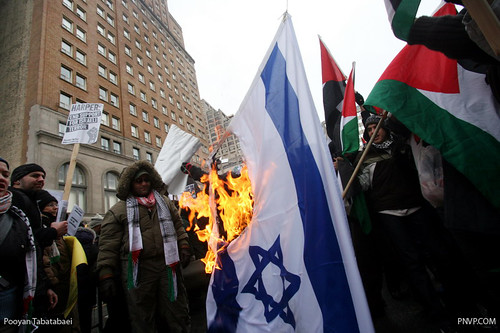


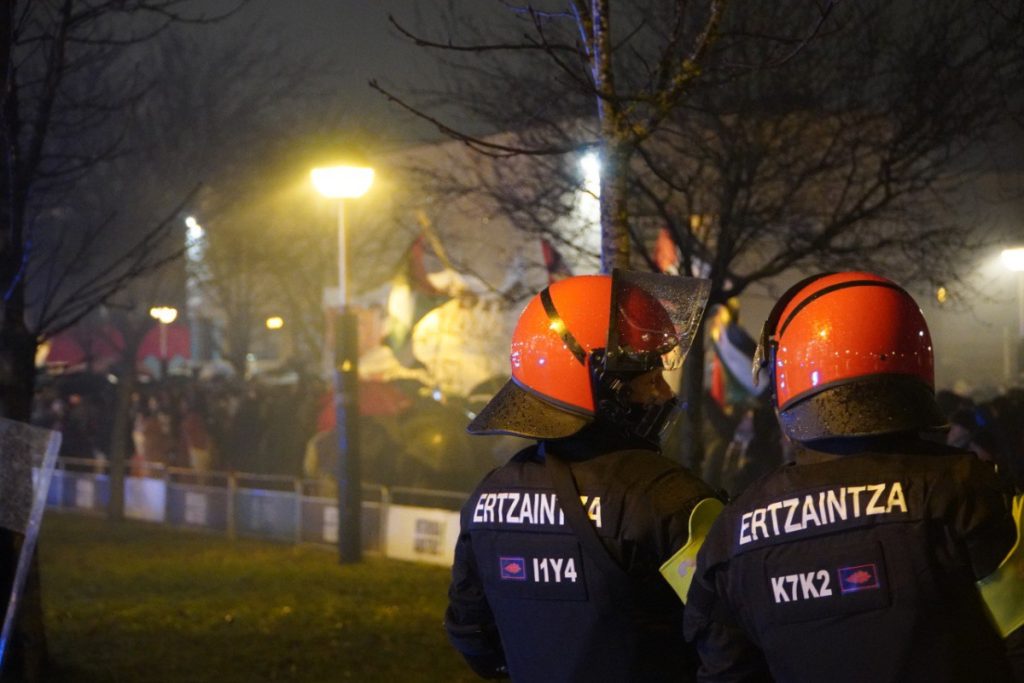



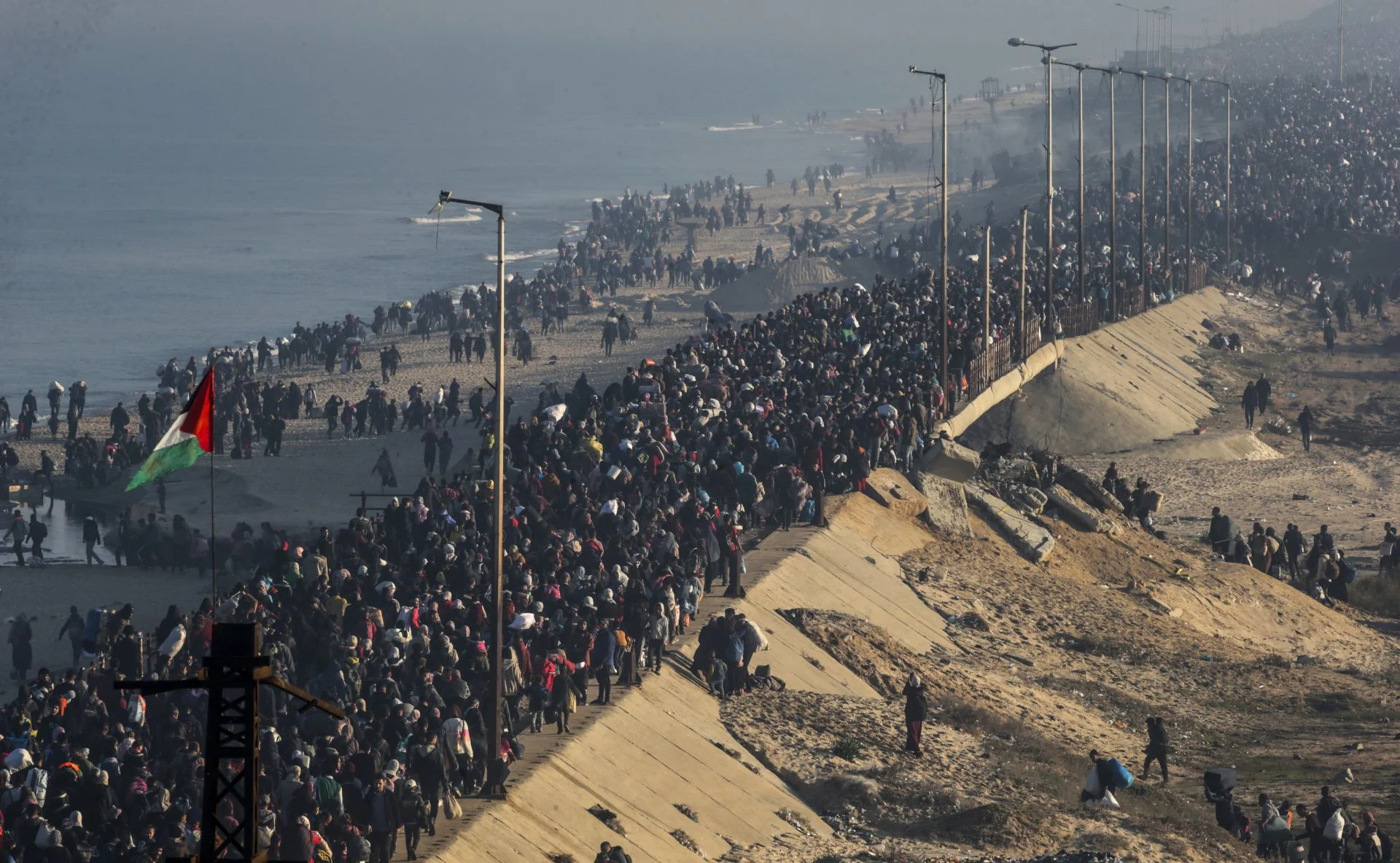

.jpg)
